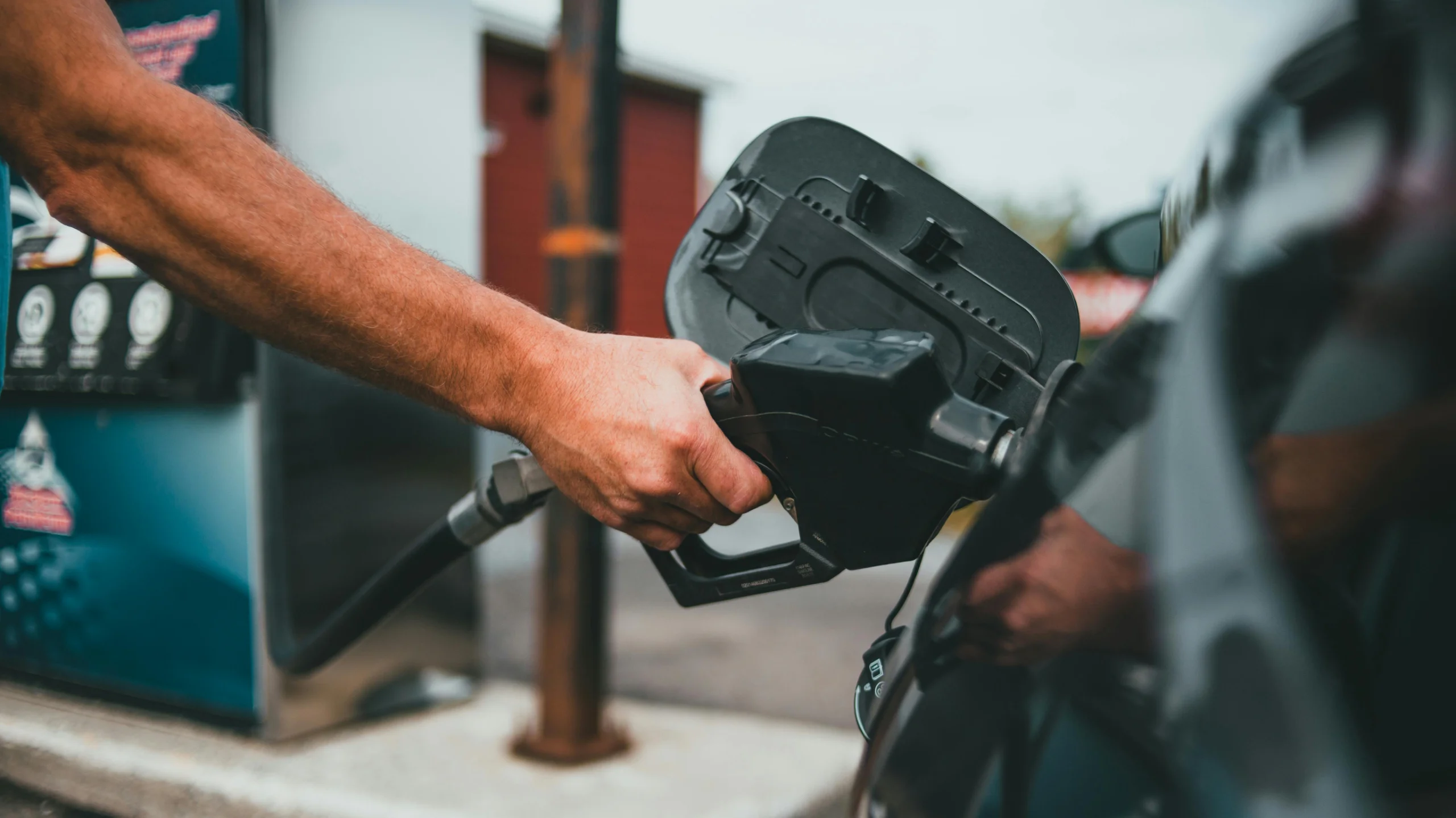Fuel is a significant part of vehicle ownership in Australia, and understanding the types, costs, and factors influencing prices is essential for expats. Fuel costs vary across regions and fluctuate based on global and local market conditions. This guide provides insights into the types of fuel available, average costs, and tips for saving money on fuel in Australia.
Types of Fuel in Australia
Australia offers several types of fuel, catering to different vehicle requirements. It’s important to use the correct type of fuel for your car to ensure optimal performance and avoid engine damage.
- Unleaded Petrol (ULP)
- The most common fuel type for petrol-powered vehicles.
- Octane rating: 91.
- Premium Unleaded Petrol (PULP)
- Higher-octane petrol available in two variants:
- 95-octane (standard premium).
- 98-octane (ultra-premium, for high-performance vehicles).
- Higher-octane petrol available in two variants:
- E10 (Ethanol Blend)
- A blend of 90% unleaded petrol and 10% ethanol.
- Cheaper than standard unleaded petrol and compatible with many modern vehicles.
- Diesel
- Used by diesel-powered cars, trucks, and SUVs.
- Known for better fuel efficiency, particularly for long-distance driving.
- LPG (Liquefied Petroleum Gas)
- A more affordable alternative to petrol or diesel.
- Requires vehicles with LPG-compatible systems.
- Electric and Hybrid Fuel Options
- Electric vehicles (EVs) require charging stations rather than traditional fuel.
- Hybrid vehicles combine petrol or diesel with electric power for better efficiency.
Average Fuel Costs in Australia (2024)
Fuel prices in Australia vary based on location, fuel type, and market conditions. As of 2023:
- Unleaded Petrol (91): AUD $1.70–$2.00 per litre.
- Premium Unleaded Petrol (95): AUD $1.90–$2.20 per litre.
- Premium Unleaded Petrol (98): AUD $2.00–$2.40 per litre.
- Diesel: AUD $2.00–$2.40 per litre.
- E10: Slightly cheaper than standard unleaded petrol, averaging AUD $1.60–$1.90 per litre.
Prices are generally higher in remote areas due to transport costs and lower competition.
Factors Affecting Fuel Prices
- Global Oil Prices
- International crude oil prices significantly impact fuel costs.
- Geopolitical events and supply chain disruptions can cause price fluctuations.
- Exchange Rates
- The strength of the Australian dollar affects the cost of importing crude oil.
- Regional Variations
- Remote and rural areas tend to have higher fuel prices due to transport logistics.
- Fuel Excise Taxes
- The Australian government imposes a fuel excise, contributing to the overall cost.
- Weekly Price Cycles
- Major cities often experience price cycles, with lower prices at the start of the week and peaks towards the weekend.
Tips for Saving Money on Fuel
- Use Fuel Price Apps
- Apps like FuelCheck (NSW), RACQ Fair Fuel Finder, or PetrolSpy help you find the cheapest fuel prices near you.
- Buy During Price Dips
- Monitor weekly price cycles in your area and fill up when prices are at their lowest.
- Join Loyalty Programs
- Supermarkets like Woolworths and Coles offer discounts through fuel vouchers when you spend a certain amount on groceries.
- Petrol stations often have loyalty programs offering points or discounts.
- Drive Efficiently
- Reduce fuel consumption by avoiding aggressive acceleration, maintaining a steady speed, and reducing unnecessary idling.
- Maintain Your Vehicle
- Regular servicing and properly inflated tyres improve fuel efficiency.
- Consider E10 or LPG
- If compatible with your car, these alternatives can reduce fuel costs.
Refuelling Etiquette and Tips
- Prepay in Some Locations
- In some areas, particularly remote towns, you may need to prepay before filling up.
- Use the Correct Pump
- Ensure you’re using the pump labelled with the correct fuel type for your car.
- Check Fuel Compatibility
- Consult your vehicle’s manual or check the inside of your fuel cap to confirm which fuel types are recommended.
- Be Aware of Safety
- Turn off your car engine while refuelling and avoid using mobile phones near the pumps.
Electric and Hybrid Vehicle Considerations
For those with electric or hybrid vehicles:
- Charging Stations: Use apps like PlugShare to locate EV charging points across Australia.
- Cost Savings: EVs can be more cost-effective over time, especially if charging at home during off-peak electricity hours.
- Government Incentives: Some states offer subsidies or rebates for EV purchases and installations of home charging systems.
Fuel costs and types in Australia vary based on location, vehicle requirements, and market factors. By understanding the available fuel options, monitoring prices, and adopting cost-saving habits, expats can efficiently manage their fuel expenses. Whether you drive a petrol, diesel, or electric vehicle, staying informed ensures a smoother and more affordable driving experience in Australia.


